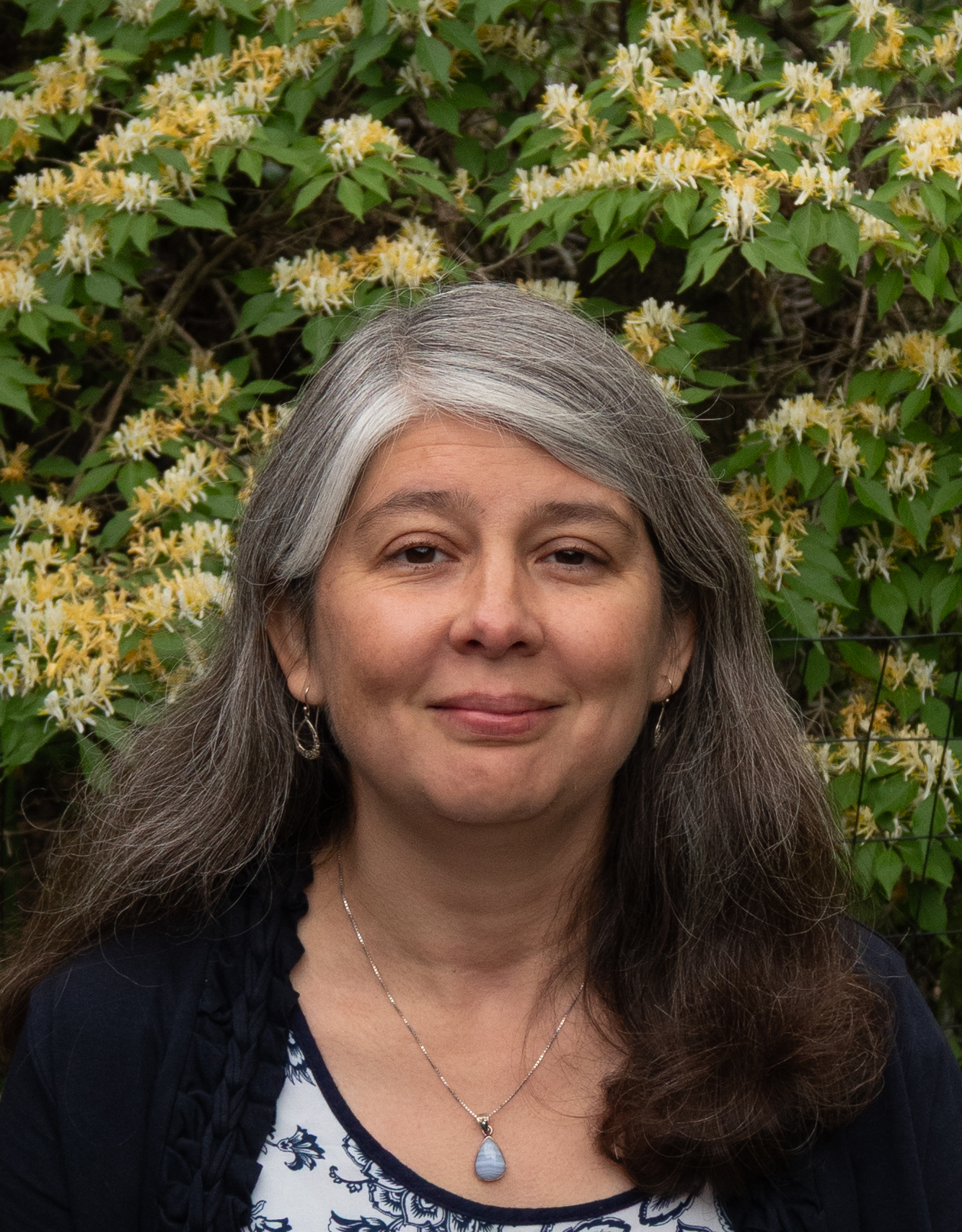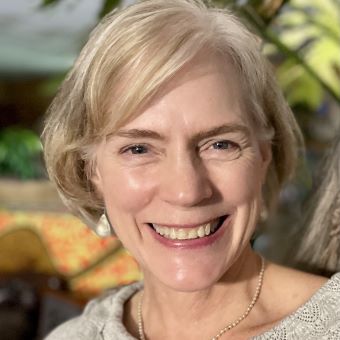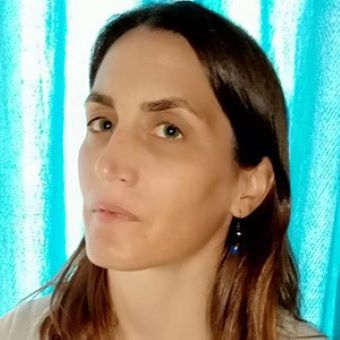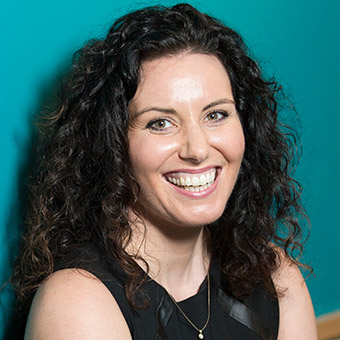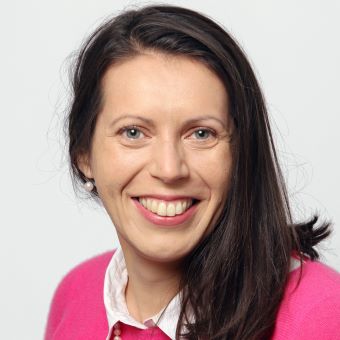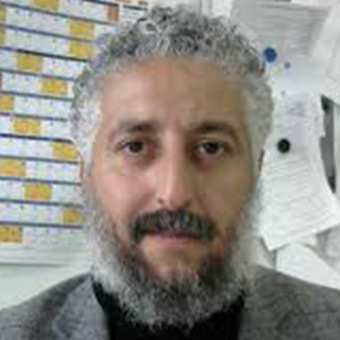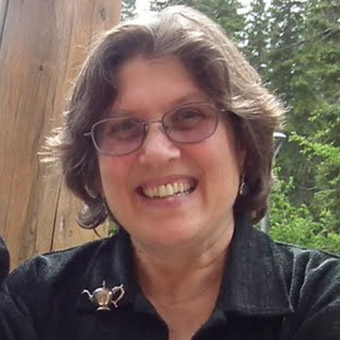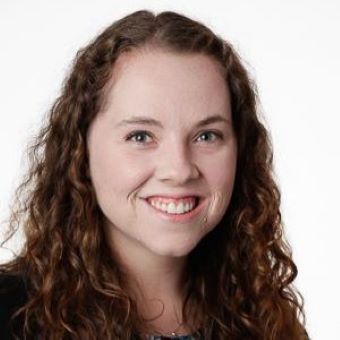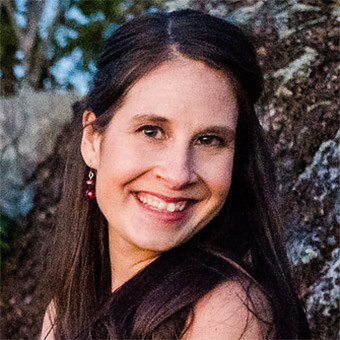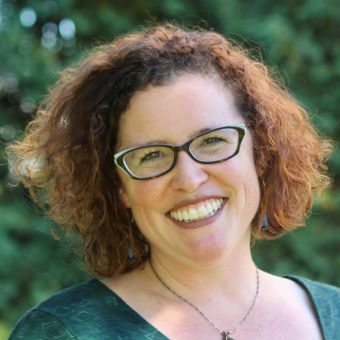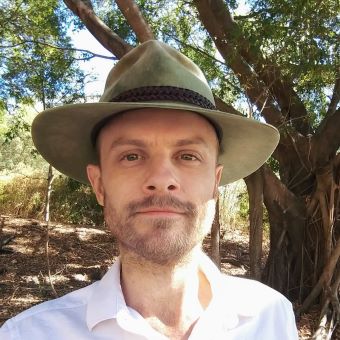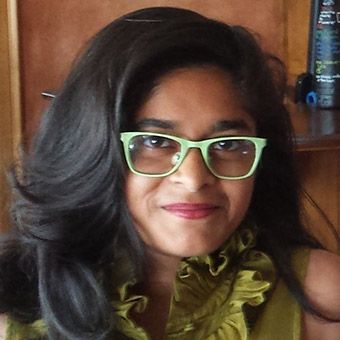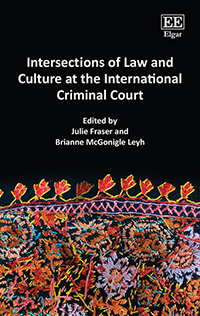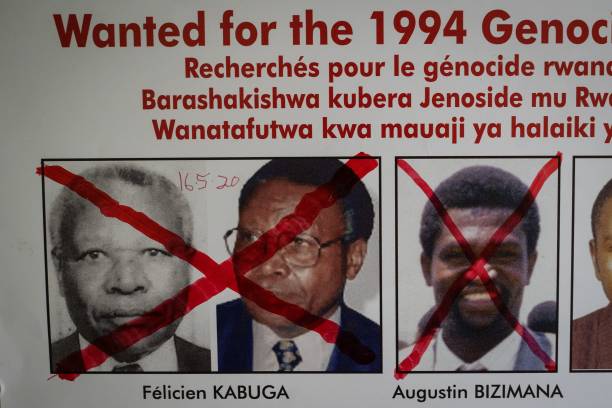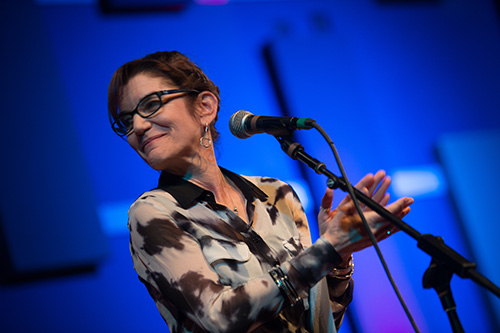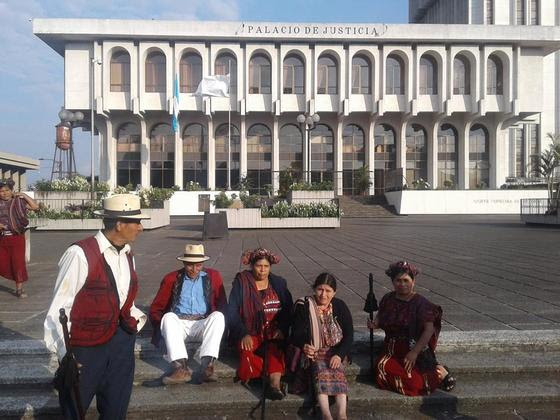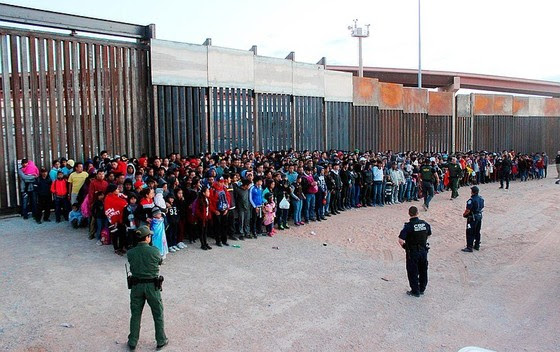Language in courts and legal proceedings
-
June 2025: Speaking Mayan Languages in the U.S. in 2025
This Spotlight comes from Hub member María Luz García, Professor of Anthropology at Eastern Michigan University. In an article recently published in the Political and Legal Anthropology Review (POLAR 2024, 47:209-222), María describes the racialized experience of Indigenous people from Latin America who work as legal interpreters in the U.S. Below, María brings out the…
-
Leigh Swigart
Leigh Swigart, Ph.D. Language, Culture and Justice Hub Coordinator Fellow in Research and Practice – EHCN and CHRA Bard College/Open Society University Network [email protected] Read Leigh’s Spotlights on Language, Culture and Justice: October 2019, November 2019, December 2019, November 2021, December 2022, February 2024, and September 2024. I have worked for many years in the field of international justice,…
-
Anaïk Pian
Maître de conférences l’Université de Strasbourg (Laboratoire DynamE) Strasbourg, France [email protected] Je suis sociologue et mes recherches portent sur les migrations internationales, les frontières et l’interprétariat dans l’asile et dans le domaine de la santé. J’ai récemment mené un terrain ethnographique sur l’interprétariat à la Cour nationale du droit d’asile (article à paraître dans la…
-
Karen McAuliffe
Reader in Law and Birmingham Fellow University of Birmingham United Kingdom [email protected] My research focuses mainly on the field of law, language and translation in multilingual legal orders — in particular, EU and EU institutions. Prior to entering academia, I worked as a lawyer-linguist at the Court of Justice of the European Union, where my…
-
Tatiana Grieshofer
Reader in Language and Law School of English Birmingham Institute of Media and English Birmingham City University, UK [email protected] I am Reader in Language and Law with an interdisciplinary research profile in several areas of forensic linguistics (courtroom discourse, language and law) and socio-legal studies (procedural justice, self-represented litigants). My research expertise draws on combining…
-
María Luz García
Associate Professor of Sociology, Anthropology and Criminology Eastern Michigan University Ypsilanti, Michigan [email protected] Read María’s Spotlight on Language, Culture and Justice: June 2025 I take perspectives from linguistic and cultural anthropology to consider the ways that Ixil Mayas make use of the resources of their language in constructing and reflecting social realities. In my doctoral…
-
Ahmed El Khamloussy
Translator, Course Director, Lecturer Court Interpreter International Criminal Court The Hague, Netherlands [email protected] My linguistic journey started in my native Morocco, where I obtained undergraduate degrees in English and American literature, and Arabic-English translation. For my Master of Arts in translation at the University of Ottawa, I wrote a thesis consisting of a commented translation…
-
Ellen Elias-Bursać
Freelance Literary Translator and Independent Scholar Past President, American Literary Translators Association Cambridge, Massachusetts [email protected] I have been working as a literary and community translator since the mid-1970s, starting when I lived in Yugoslavia (Zagreb, Croatia) from 1974 to 1990. Just a year before the war broke out in Yugoslavia, my family and I moved…
-
Miguel Ángel Campos Pardillos
Senior Lecturer in English Linguistics University of Alicante Alicante, Spain [email protected] Read Miguel Ángel’s May 2023 Spotlight on Language, Culture and Justice. I am a senior lecturer in English linguistics at the University of Alicante. My teaching involves mainly legal English and English-Spanish translation, mostly at a postgraduate level, where I have supervised a number of…
-
Katie Becker
Graduate Student Public Affairs and Law New Jersey and Connecticut, USA [email protected] Read Katie’s May 2022 Spotlight on Language, Culture and Justice. I am a joint-degree student at the Princeton School of Public and International Affairs and Yale Law School. My professional background is as a Spanish-English interpreter and translator. I worked in community education and outreach…
-
Michelle Auzanneau
Full Professor Population and Development Center Convergences Migration Institute University of Paris Paris, France [email protected] I am a sociolinguist whose work focuses on the variability of language practices in interaction with and in relation to global sociolinguistic dynamics (linked to urbanization, mobility, contacts, etc.). Whether in France or in Africa, I have worked on sociolinguistic…
-
December 2022: “What does English-language dominance mean for the field of international law and justice?”
This month’s Spotlight comes from Language, Culture and Justice Hub director Leigh Swigart. She brings us her reflections, along with those of other scholars, about the impacts of having a single language dominate a field that purports to both reflect and serve a global population characterized by enormous linguistic diversity. It cannot be denied that…
-
September 2022: “Interpretation at the Asylum Office”
This month’s feature is contributed by LCJ Hub member Hillary Mellinger, an Assistant Professorof Criminal Justice and Criminology at Washington State University. Hillary’s research focuses on language access within the U.S. immigration and criminal justice systems, the challenges that asylum applicants and attorneys encounter at the U.S. Asylum Office, and the criminalization of migration. Prior…
-
March 2022: “Linguistic profiling: An under-recognized force in the justice system and beyond”
LCJ Hub member Shawna Shapiro, Associate Professor of writing and linguistics at Middlebury College in the US, calls our attention to an often unperceived influence on our interactions and understandings, including those in the legal field. Read more about Shawna’s work at her college webpage. One of the commonplaces in the legal profession and the criminal…
-
October 2021: ‘Supporting two-way communication with police in Western Australia: new translation app helps to identify need for Aboriginal interpreters’
By Alex Bowen, Linguist and Trainer, Aboriginal Interpreting Western Australia; PhD Student, University of Melbourne Aboriginal Interpreting Western Australia (AIWA) recently worked with the Western Australia Police Force to develop an app which could signal a new direction in communication with Aboriginal people who are arrested. The app, which police have on their phones, delivers…
-
June 2021: “Linguistic Lives as Working Lives: Exploring Communication Labor with Legal Interpreters’ Language Life Histories”
By Sonya Rao, American Bar Association/AccessLex Institute Post-Doctoral Fellow in Legal and Higher Education The life history interview, a type of oral history that covers the events of an individual’s life experiences, is a useful methodological tool for social scientists and historians. In these interviews, researchers can explore the depths of an individual’s historical experience and…
-
April 2021: “Lost in Translation: Interpretation as a Barrier to Asylum in Texas Immigration Courts”
By Edith Muleiro, The University of Texas at Austin Language influences our lives in many ways. For some this influence may be subtle, but in a courtroom the ability to understand and be understood becomes the determining factor in one’s future. Imagine standing in a new and unfamiliar country before a judge. A form in…
-
November 2020: “Book Unpacks Crucial Ways in Which Law and Culture Are Intertwined”
This month’s Spotlight is contributed by Language, Culture and Justice Hub members Julie Fraser and Brianne McGonigle Leyh of Utrecht University. We are pleased to present our new edited volume Intersections of Law and Culture at the International Criminal Court, published in October by Edward Elgar Press. This book takes as a premise that notions of culture affect the legal foundations,…
-
June 2020: “Back to the International Criminal Tribunal for Rwanda”
This commentary comes from Hub member Leigh Swigart. The world of international criminal justice was recently rocked by the arrest of longtime fugitive-from-justice Félicien Kabuga, charged by the International Criminal Tribunal for Rwanda (ICTR) with multiple counts of genocide and crimes against humanity allegedly committed during the 1994 Rwandan genocide. Kabuga was a prominent Rwandan…
-
April 2020: “Culture’s Contribution to Justice: The Story of a Dance-Drama and Cambodia’s Khmer Rouge Tribunal”
This commentary was contributed by Hub member Toni Shapiro-Phim, associate professor of Creativity, the Arts, and Social Transformation, Brandeis University. Toni Shapiro-Phim A “moral and collective reparation” project associated with the Extraordinary Chambers in the Courts of Cambodia (ECCC) — also known as the Khmer Rouge Tribunal — offers an example of the potency of expressive…
-
November 2019: ‘A Look at Language and Culture Issues in Mass Violence Trials’
What kinds of misunderstandings emerge in the context of criminal trials dealing with war crimes, crimes against humanity and genocide? What are the impacts of different linguistic and cultural practices on both the proceedings and the ways in which these proceedings are understood? While various scholars and observers have mapped parts of this vast terrain…
-
October 2019: ‘Exploring Interpretation as a Right in the Context of Migration’
The Trump administration recently decided that providing in-court interpretation during initial-phase immigration proceedings represents an unnecessary expense in an already bogged-down system. Migrants will be shown a film explaining legal procedures in a variety of languages but will not be able to ask questions and receive more information on the spot. According to the San Francisco…
